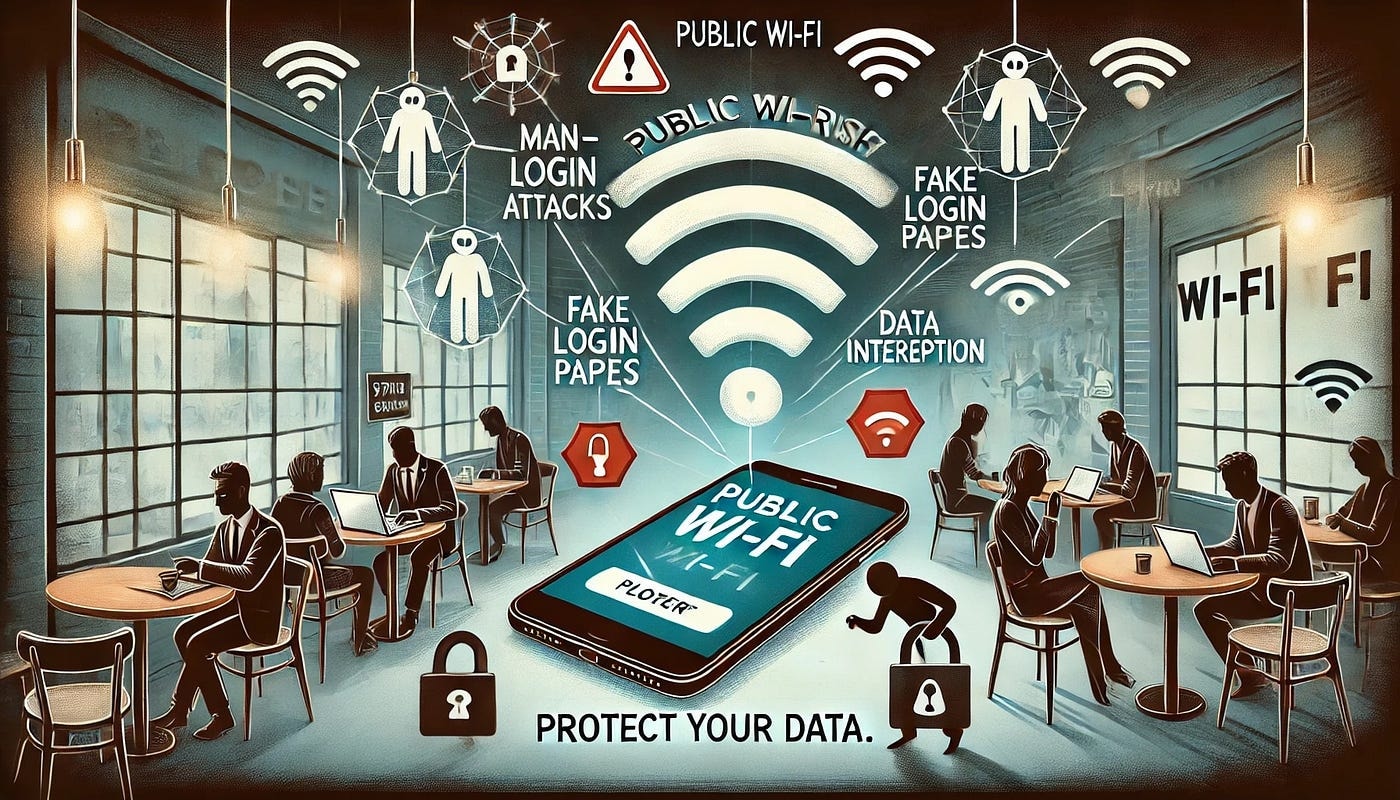Steps to Take Immediately If Your Phone Is Hacked
Smartphones are being hacked at an alarming rate, raising serious concerns about the security of personal data. What should you do if your phone is the target of an attack?
Smartphones today have gone beyond the role of a mere communication tool, becoming indispensable companions in the digital age. They store everything from personal photos and important financial data to private conversations and daily schedules, reflecting almost the entire life of the owner.
It is these outstanding features that have turned smartphones into indispensable items in modern life and also made them attractive targets for cybercriminals.

When a phone is hacked, the consequences can be dire, from identity theft and financial fraud to serious breaches of personal privacy. This is why smartphone security is becoming increasingly important.
Understanding how to identify signs of an attack, understand how hackers operate, and take steps to protect your devices is essential to protecting yourself in today's increasingly complex digital environment.
How do hackers break into your smartphone?
Hackers use a range of sophisticated tactics to break into devices, exploiting both human error and technical vulnerabilities. Phishing remains one of the most effective methods, in which hackers send fake emails or text messages that trick users into clicking on malicious links or downloading files containing dangerous software.
Public Wi-Fi networks are also a popular avenue for attacks. These unsecured connections are vulnerable to hackers who can intercept data transmissions or surreptitiously install malware on devices. Similarly, public charging stations can be compromised by hackers who can install malware via USB ports.

Photo: Internet.
Additionally, downloading apps from unofficial sources or interacting with suspicious pop-ups can also result in your phone being infected with malware or adware.
A more sophisticated tactic is SIM swapping, in which hackers convince carriers to transfer a victim’s phone number to a new SIM card under their control. This way, they can take over the accounts associated with the phone number, with serious financial and privacy consequences.
Signsu show phoneyour intelligence canhas beenattack
Smartphones are complex devices, and unusual behavior often reveals potential risks. Some signs can be subtle, while others are more obvious and indicate that your device may have been accessed without your permission.
Here are some common signs that will help you know if your phone might be under attack:
- If your phone battery suddenly drains faster than usual, it may be running malware or spyware in the background.
- A spike in data usage could indicate that your phone is transmitting information to hackers.
- Finding apps you didn't install or noticing changes in settings without your permission could be a sign of intentional interference.
- Receiving multi-factor authentication (MFA) codes for logins you didn't make or noticing unusual transactions in your account are worrying warning signs.
- Unexplained crashes, slow performance, or applications that don't work properly can also be signs of a compromised system.
- If your camera or microphone turns on suddenly or you find unexplained photos or recordings, you may have spyware.
Steps to take immediately if the phoneyour intelligence ishacker attack
If you suspect your phone has been compromised, acting quickly is key to minimizing the damage. Start by taking the following steps:
- Turn off connections like Wi-Fi, mobile data and Bluetooth to prevent hackers from accessing it.
- Use a reliable antivirus application to scan, detect, and remove malware.
- Review your installed apps and remove any that are unfamiliar or unnecessary.
- Update passwords for all accounts linked to your phone, making sure they are unique and strong enough.

- Turn on multi-factor authentication (MFA): Multi-factor authentication is an extra layer of security that helps protect your account from unauthorized access.
- Contact your mobile service provider immediately to report the suspected hack. They can help you strengthen your account security, implement necessary protections, and prevent further hacks.
- If all the above methods do not work, backup important data and factory reset to wipe the phone.
Acting quickly is crucial when your phone is hacked. If left unchecked, the problem can lead to a host of serious problems.
Hackers can exploit your device to steal sensitive information, spoof your identity, attack your contacts, or even turn your phone into a robot for evil purposes.
Some proactive measures to keep your smartphone safe
Prevention is always better than cure. While you can recover from a hack, being proactive about protecting your smartphone from the start will save you a lot of hassle, stress, and damage. Learn some effective ways to boost your device’s security.
- A strong password policy is your first line of defense against security threats. Avoid easy-to-guess passwords like your birthday or pet's name and instead use complex, unique passwords for each account. Combine them with multi-factor authentication for an extra layer of security.
- Only download apps from official app stores like the Google Play Store or Apple App Store. Check reviews to make sure the app is legitimate and safe.
- Regularly updating your operating system and applications is an effective way to protect your device, as these updates often come with important security patches. Turn on automatic updates to ensure you're always protected against the latest vulnerabilities.
- If you must use public Wi-Fi, connect through a virtual private network (VPN) to encrypt your data and protect it from potential eavesdroppers.
- Regularly review the permissions granted to apps. Limit access to sensitive data like location, microphone, and contacts unless necessary.
- Avoid clicking on links or downloading attachments from unknown senders.
- Regularly monitoring financial transactions and account activities will help you quickly detect unusual signs and promptly handle risks.
- Think carefully before sharing personal information online. Even seemingly innocuous details like your address or phone number can be exploited by hackers.

.jpg)


.jpg)
